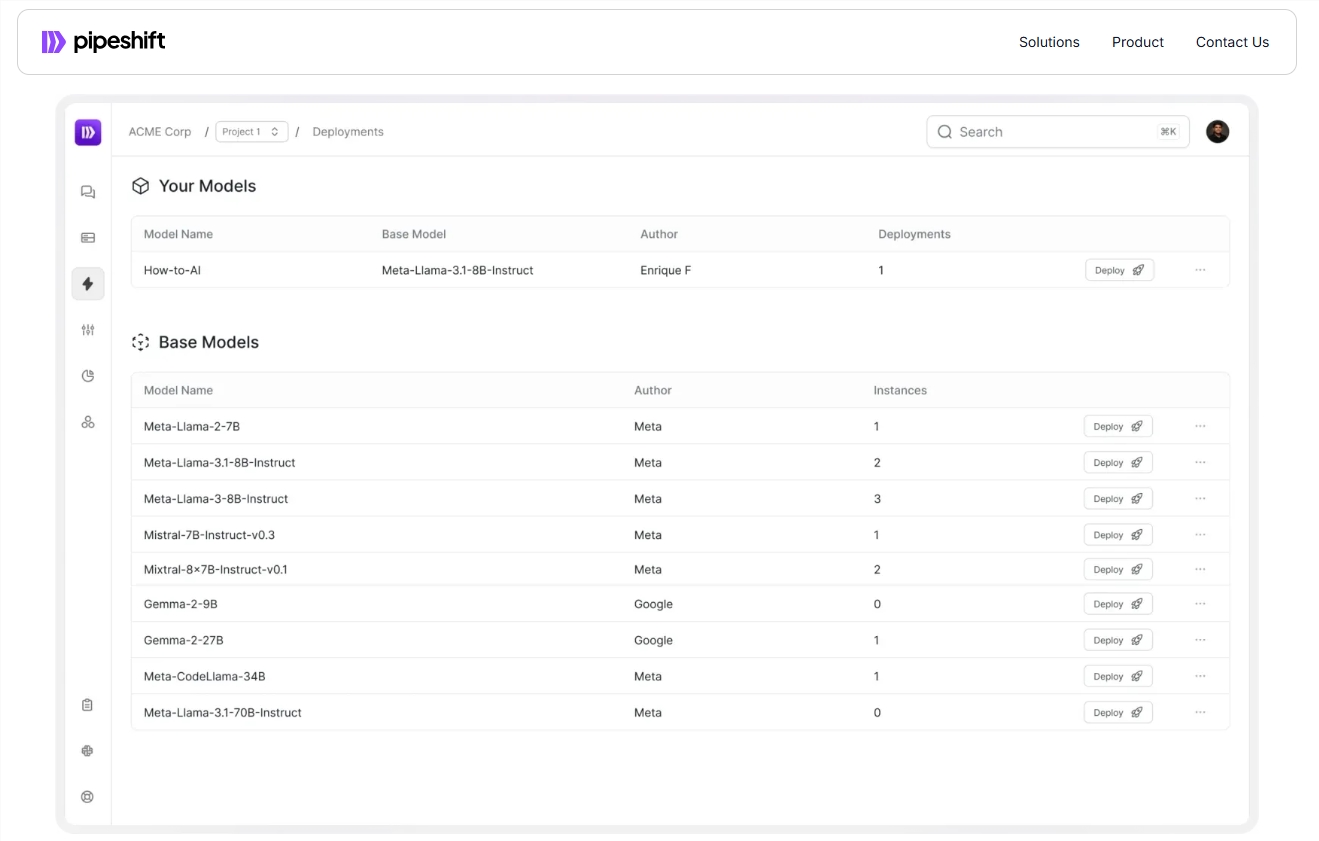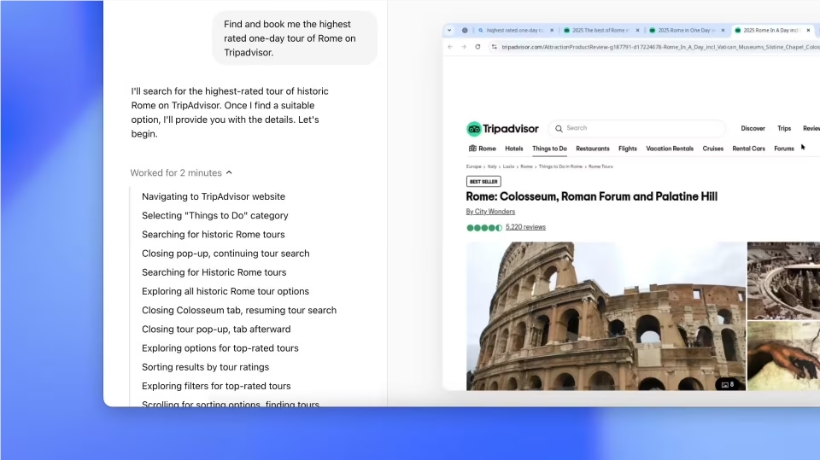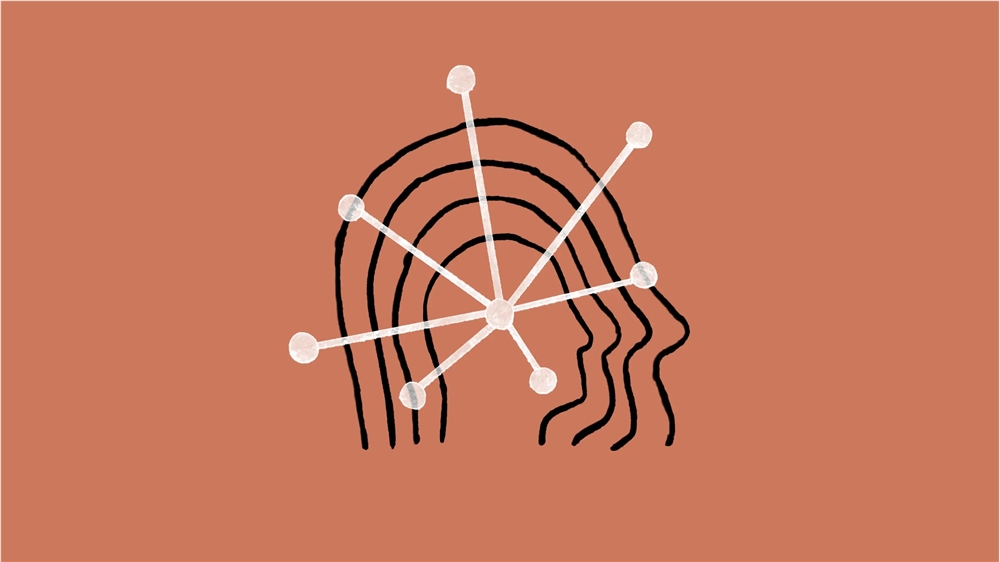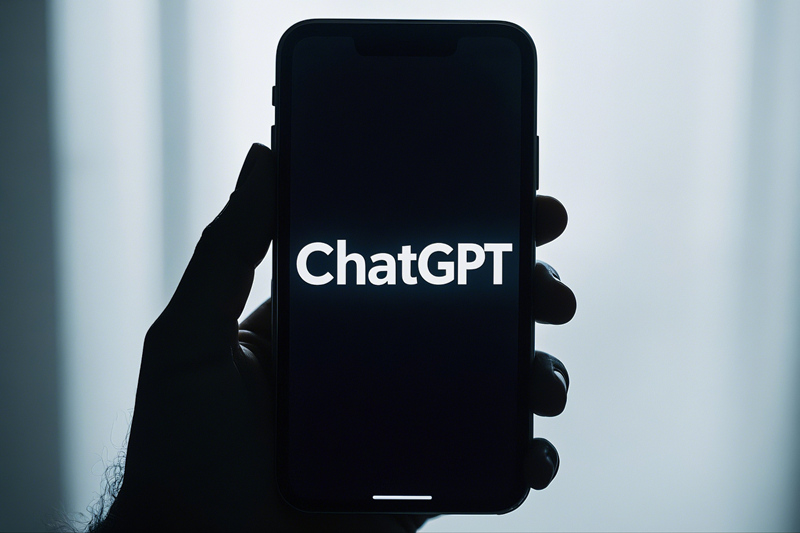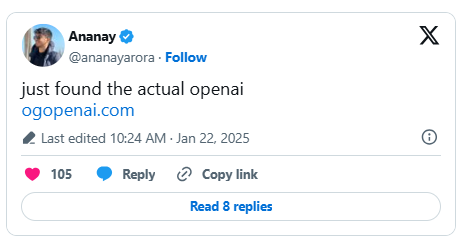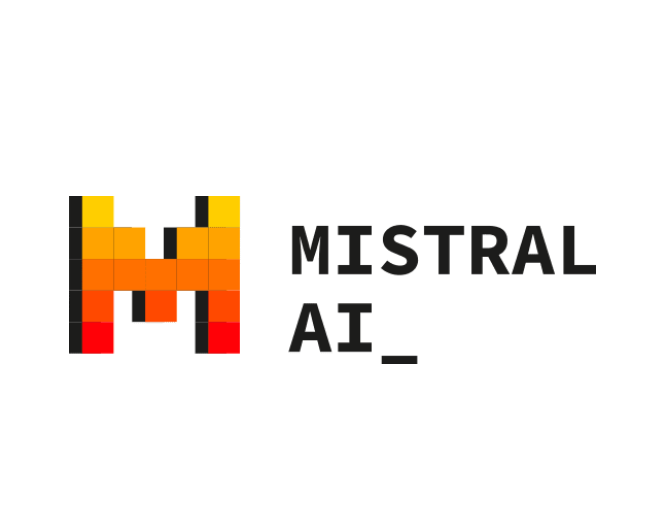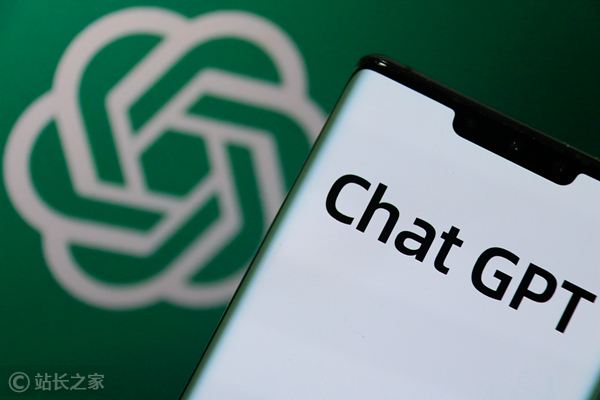Google officially released an enhanced version of its Gemini2.0 Flash Thinking inference model on January 22, 2025, once again taking back the top spot in Chatbot Arena. The upgrade of this version mainly focuses on the long context processing capability, which can support input of up to 1M tokens, providing users with more in-depth analysis capabilities when processing long texts.
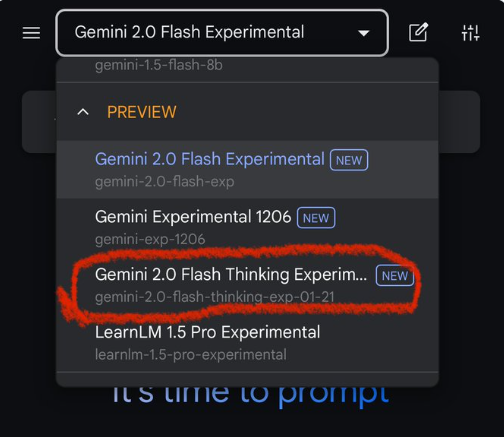
Jeff Dean, head of Google AI, said at the press conference that this experimental update aims to improve the reliability of the model and reduce the contradiction between the ideas generated by the model and the final answer. Gemini2.0 Flash Thinking not only continues the advantages of the original version, but also adds a new function to enhance reasoning capabilities based on thoughts, which performs well.
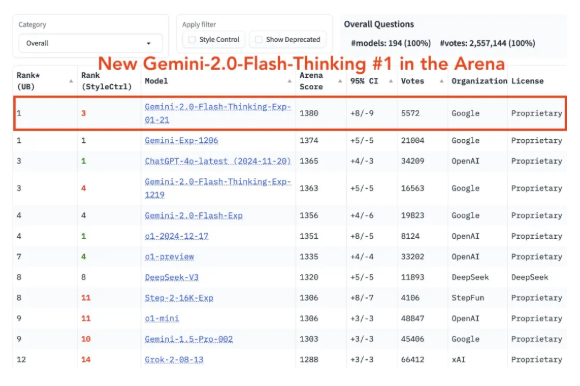
At the technical level, Gemini2.0 Flash Thinking has achieved two major breakthroughs: first, it can handle long contexts of up to 1M tokens, which is crucial for complex multi-round conversations and reasoning processes; second, the model performs significantly in self-correction , able to maintain coherence in conversations and flexibly apply previously accumulated information. This means users can experience a more natural and consistent conversational process when interacting with the model.
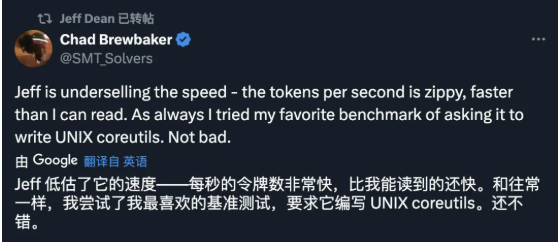
In a demo, Jeff Dean impressively showed how the model solves physics problems and explains reasoning. And participants reported that the latest model was even faster in real-world experience than in the demo.
In addition to long context processing capabilities, Gemini2.0 Flash Thinking has also significantly improved its mathematical ability test, scientific ability test and multi-modal reasoning ability, especially in mathematics, which has increased by 54%. This series of excellent performances makes people full of expectations for the future of this model.
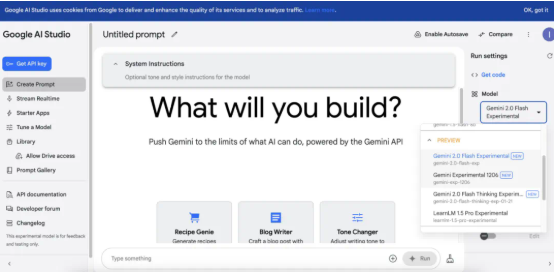
Entering the interactive interface, users can obtain comprehensive model functions on the "Google AI Studio" platform, including creating prompt words, real-time conversations, and developing applications. Although the functions of the current interface are relatively scattered, Google plans to provide more detailed technical reports and user guidance after the model is officially released to improve the user experience.
Looking to the future, Google's development team is actively exploring 3D data processing capabilities, demonstrating their firm belief in continued innovation. It is foreseeable that Google's next breakthrough in the field of AI is just around the corner and deserves our continued attention.
Trial link: https://aistudio.google.com/prompts/new_chat
AI courses are suitable for people who are interested in artificial intelligence technology, including but not limited to students, engineers, data scientists, developers, and professionals in AI technology.
The course content ranges from basic to advanced. Beginners can choose basic courses and gradually go into more complex algorithms and applications.
Learning AI requires a certain mathematical foundation (such as linear algebra, probability theory, calculus, etc.), as well as programming knowledge (Python is the most commonly used programming language).
You will learn the core concepts and technologies in the fields of natural language processing, computer vision, data analysis, and master the use of AI tools and frameworks for practical development.
You can work as a data scientist, machine learning engineer, AI researcher, or apply AI technology to innovate in all walks of life.
